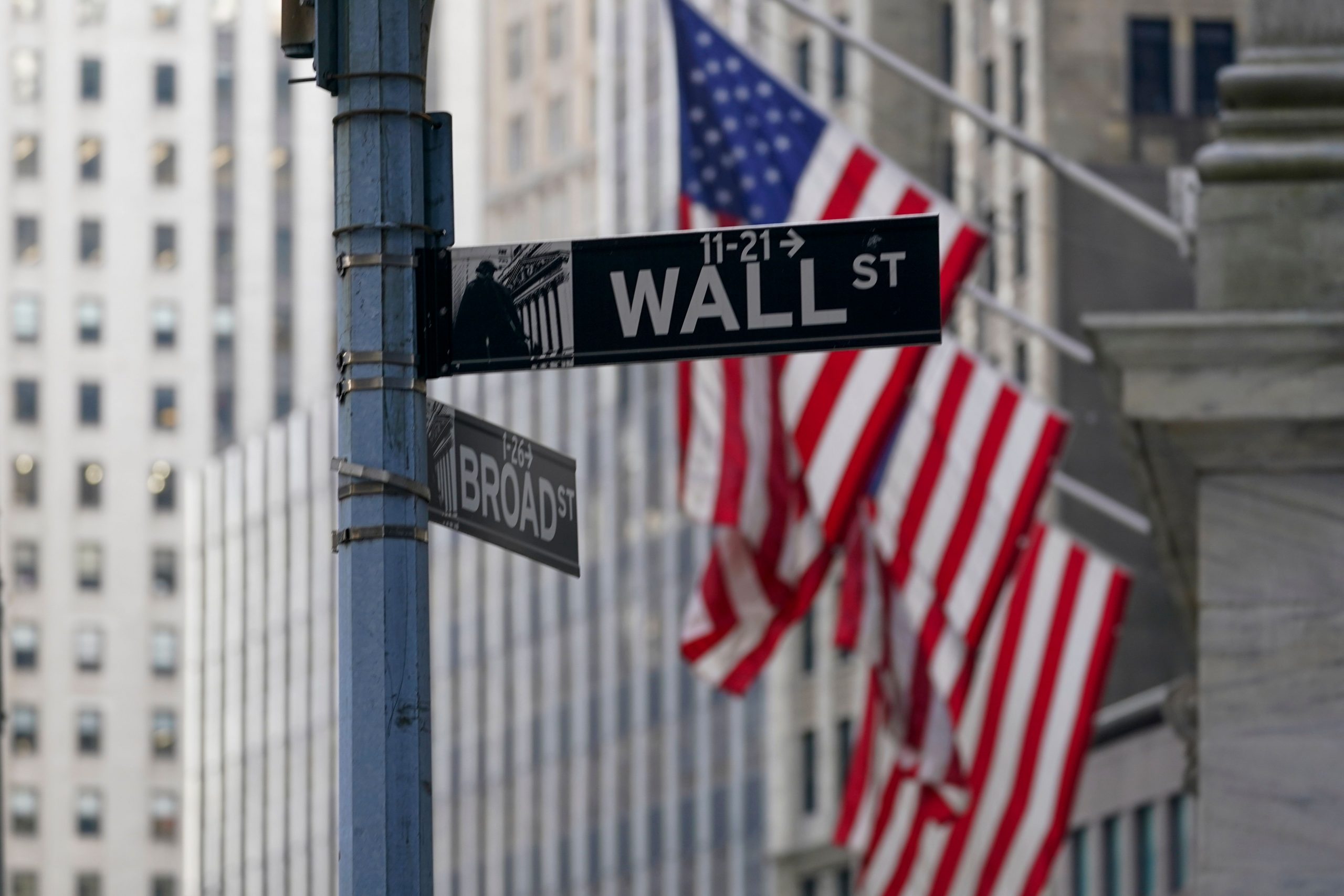Wall Street recorded its best day since April 2020 as
markets welcomed a government report that inflation in the United States eased
more than expected last month. The S&P 500 jumped 5.5% Thursday and the Dow
Jones rose 1,200 points as investors took the data as a sign the worst of
inflation may have passed.
The S&P 500 rose 207.80 points, or 5.5%, to 3,956.37.
The Dow Jones Industrial Average rose 1,201.43 points, or 3.7%, to 33,715.37.
The Nasdaq rose 760.97 points, or 7.4%, to 11,114.15. The Russell 2000 index of
smaller companies rose 107.53 points, or 6.1%, to 1,867.93.
Also Read | Trending Stocks: Adani Green, Eicher Motors, Bata and others in news today
Prices rose for everything from metals to European stocks
as investors took the data as a sign that the high inflation may finally have
passed, though analysts warned it’s still premature to declare that certainty.
Bitcoin rose to recover some of its sharp decline from past days caused by the
crypto industry’s latest crisis of confidence.
Treasury yields fell sharply as bond markets relaxed. The
yield on the 10-year Treasury, which helps determine rates for mortgages and
other loans, slipped to 3.82% from 4.15%. It’s a dramatic move for the bond
market, and the yield was on track for its biggest daily drop since 2009,
according to Tradeweb. The two-year yield, which often tracks expectations for
Fed action, slipped to 4.32% from 4.62% and was on pace for its sharpest fall
since 2008.
Also Read | Who are Jonathan and Dianna Toubbe, couple jailed for selling US nuclear secrets?
All the action started from a US government report showing
that inflation slowed in October for a fourth straight month since hitting a
peak of 9.1% in June. The figure of 7.7% was better than the 8% economists were
expecting.
The core CPI, excluding the prices of food and energy, also
slowed more than expected. That’s the measure the Fed pays closer attention to.
So did inflation between September and October.
Also Read | Mike Pence book: Lincoln Project ad annoyed Trump, fuelled his bid to overturn election result
Slower inflation could keep the Fed off the most aggressive
path in raising interest rates. It’s already raised its key rate to a range of
3.75% to 4%, up from virtually zero in March.
By raising rates, the Fed is intentionally trying to slow
the economy and jobs market in hopes of curbing inflation, which hit a
four-decade high in June. The risk is that it can create a recession if it goes
too far, and higher rates drag down prices for stocks and other investments in
the meantime.
Also Read | Homes washed away into ocean in Volusia County, Florida as Tropical Storm Nicole landfalls: See pics
Higher interest rates have particularly affected
high-growth tech stocks, cryptocurrencies, and other investments seen as the
riskiest or most expensive. Major tech stocks were some of the most buoyant
forces on Wall Street following the inflation report. Apple surged 8.9%,
Microsoft rallied 8.2% and Amazon climbed 12.2%.
Also Read | Infowars host Alex Jones ordered to pay an extra $473 million to Sandy Hook massacre families
Construction and other companies in the housing industry
were also strong amid hopes that the Fed will take it easier on rate hikes that
have already sent mortgage rates to industry-punishing levels. PulteGroup
jumped 13.5%, and Lennar climbed 12.6% for some of the bigger gains in the
S&P 500.







